MUHC in the Media - September 9, 2024
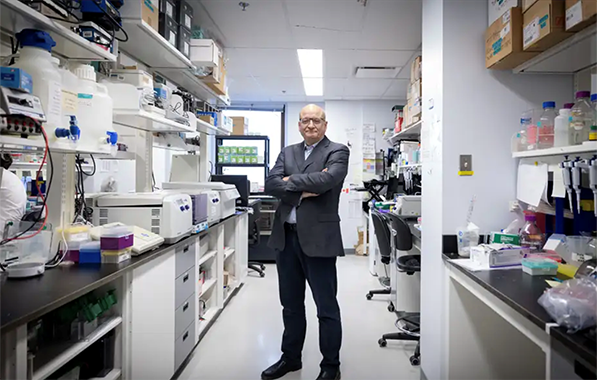
Rare genetic disease: hope for thousands of Quebecers
Oculopharyngeal muscular dystrophy (OPMD) is a rare and little-known genetic disease. Yet, Quebec has the largest number of cases in the world. It causes symptoms such as muscle loss, swallowing problems and drooping eyelids. In recent months, a new gene therapy treatment has been under development in the United States. Interview with researcher and neurologist Dr. Bernard Brais, from the Montreal Neurological Institute-Hospital, who has been treating patients with this disease since the early 1990s. La Presse
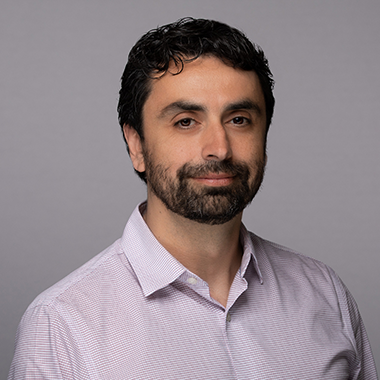
Pertussis on the rise in Canada
Over 12,000 cases of whooping cough have been reported in Canada since January, far more than the 500 to 4,500 cases usually reported each year. The disease is particularly contagious, says Dr. Jesse Papenburg, pediatric infectious disease specialist and medical microbiologist at the Montreal Children's Hospital. Radio-Canada, CTV News
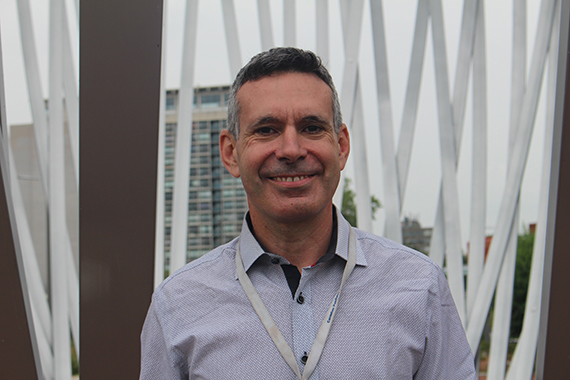
Should peanuts be banned from schools?
Banning certain foods from schools does not create an allergen-free environment and may lead to a lowering of the guard against allergies, as this can potentially create a false sense of security, explains Dr. Moshe Ben-Shoshan, pediatric allergy and immunology specialist at the Montreal Children's Hospital. 980 CKNW
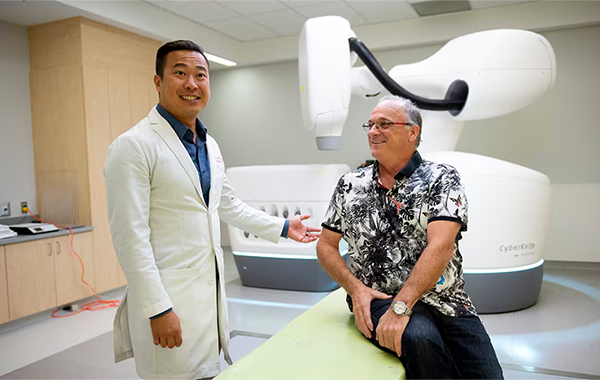
Artificial intelligence (AI) makes radiotherapy treatments more efficient and precise
Thanks to AI, radiotherapy treatments at the McGill University Health Centre (MUHC) are now faster and more precise. The time saved allows doctors to treat more patients, while reducing the risk of errors. According to Dr. James Man Git Tsui, radiation oncologist at the MUHC, these advances are crucial for patients in their radiotherapy journey. The Andrew Carter Morning Show
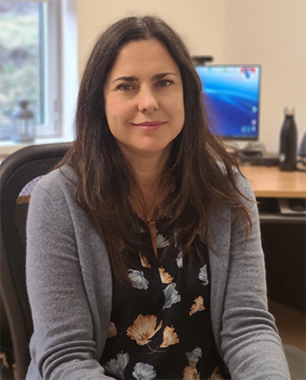
Getting back together with your ex: a good idea?
The temptation to get back together with your ex-husband or wife can be partly explained by the fact that the past is often romanticized, and that the good times shared are the ones that resurface more easily. Dr. Jennifer Russel, psychologist and Head of Psychology (adult sites) at the MUHC, says it's best to look at the relationship objectively and remember what may have led to the breakup. CJAD
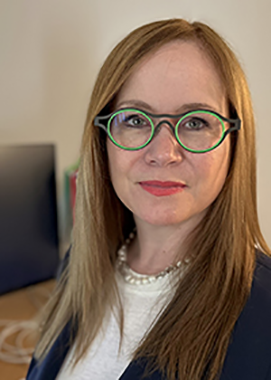
Is sugar addictive?
Dana Small, senior scientist in the Metabolic Disorders and Complications Program at the Research Institute of the MUHC, weighs in on the possibility of sugar addiction. La Presse
